|
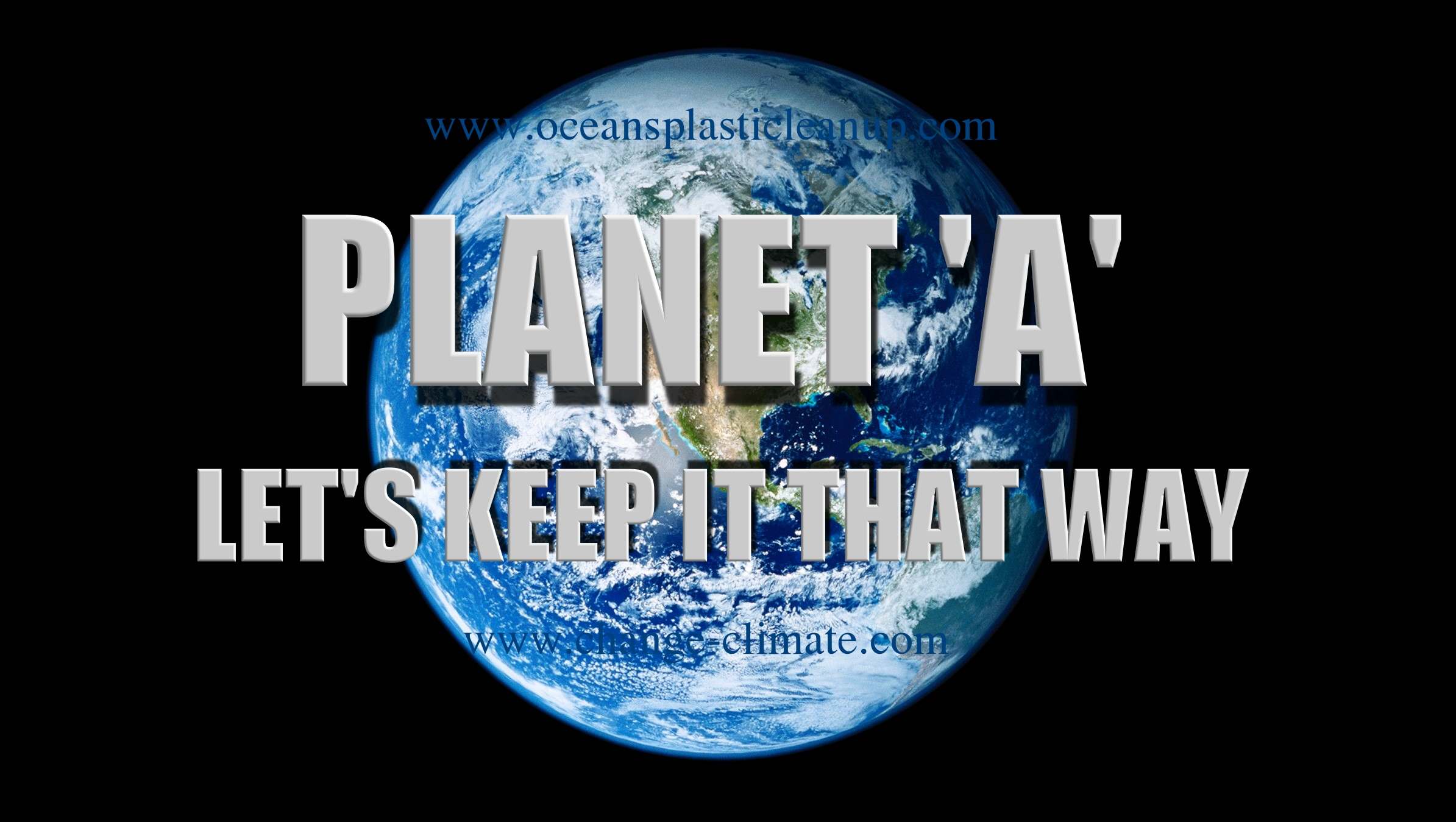
ONE
WORLD ONE OCEAN - In the role of guardians of their geographical
regions, there is also a responsibility to develop the blue economy for
the international circular economies that a sustainable society requires
if we are not to burn planet earth out.
This does not mean economic growth so much as a shift to cleaner
practices that allow us to maintain the status quo.
The
USA is one of the top twenty countries of the world that in our view
would benefit from
joining a World Ocean Anti-Plastic Alliance, where President Trump
values efficiency over bureaucracy and streamlining operations. Imagine
then the complications of overseeing organized ocean cleaning with
multiple agencies in every member country - all trying to justify their
part, when one dedicated group would go straight to the heart of the
matter - without communication delays, to work on the problem, rather
than work on ways around the problem; leading us to a plastic
planet while non-experts seek to maintain an unsustainable status
quo.
The
President cares about children, hence must be gambling that climate
change is bearable for the sake of not disrupting the US economy, that
fish will adapt to acid and we don't need our ice caps, where sea levels
are another thing to learn to live with. The crunch though is the
plastic and toxin build up in our diets. Will these turn out to have
health benefits? Unlikely. Or, maybe the plan is to reduce world
population by increasing the death rate in the countries that pollute
their fishing grounds the most. Check out the dirtiest rivers in the
world and compare those with the USA's most polluted.
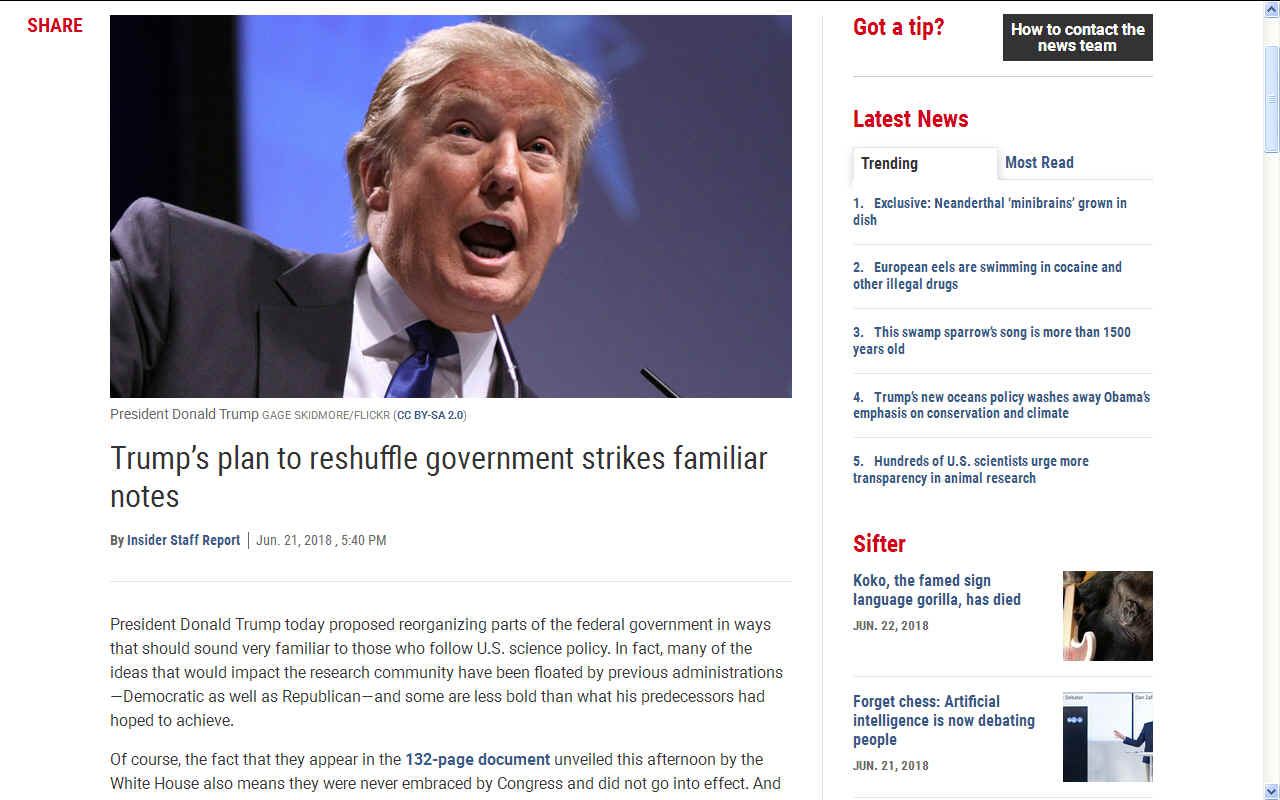
THE
WHITE HOUSE - "Outdated technology, organizational constructs, and antiquated processes keep citizens and small businesses tied up in bureaucracy, leaving the American people and Federal workforce frustrated."
These are the words of a reshuffle ordered by President Trump. We could
not agree more. There must be a way to cut the red tape to get to the
blue tape.
TRUMP'S
NEW OCEANS POLICY WASHES AWAY OBAMA'S EMPHASIS ON CONSERVATION &
CLIMATE
Marine conservation and addressing climate change are out. Jobs and national security are in.
That’s just one message sent by a new executive order detailing a revised U.S. oceans policy released today by President Donald Trump. The order formally revokes the 2010 oceans policy issued by then-President
Barack
Obama, and replaces it with a markedly different template for what the government should focus on in managing the nation’s oceans, coastal waters, and Great Lakes.
Some changes in emphasis are sweeping. The Trump order deletes a preamble to the Obama policy that emphasized “how vulnerable our marine environments are,” called for improving the nation’s “capacity to respond to climate change and ocean acidification,” and stressed the need for “a national policy to ensure the protection, maintenance, and restoration of the health of ocean, coastal, and Great Lakes ecosystems.” It also drops the Obama order’s references to “social justice,” “biological diversity,” and “conservation.”
Instead, the Trump order stresses economic and security concerns. U.S. waters “are foundational to the economy, security, global competitiveness, and well-being of the United States,” the order begins. “Ocean industries employ millions of Americans and support a strong national economy. Domestic energy production from Federal waters strengthens the Nation's security and reduces reliance on imported energy.”
Specific priorities are also very different. In the Obama order, top items on a list of 10 policies included the need to “protect, maintain, and restore the health and biological diversity” and boost “conservation and sustainable uses” of resources, and using “the best available science and knowledge to inform” management decisions and “understand, respond, and adapt to a changing global environment.”
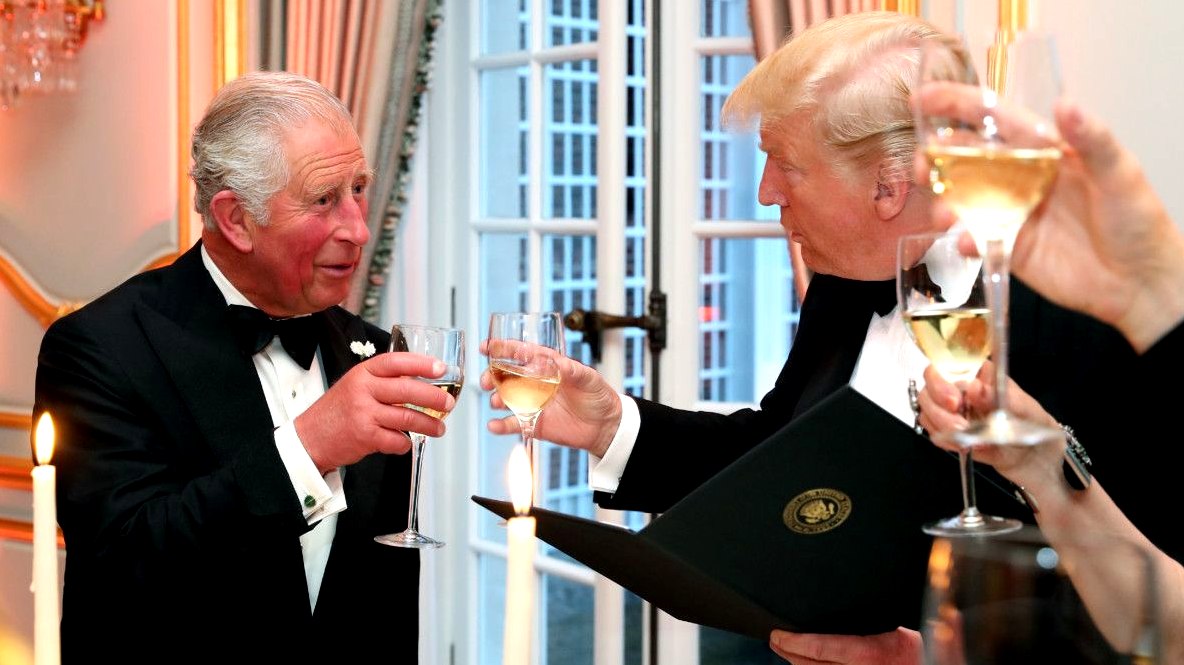
Those ideas are essentially absent from Trump’s list of seven ocean policy priorities. It first calls for federal agencies to coordinate on providing “economic, security, and environmental benefits for present and future generations of Americans,” and then highlights the need to “promote the lawful use of the ocean by agencies, including [the] United States Armed Forces.” It also says the government should work to “facilitate the economic growth of coastal communities and promote ocean industries,” “advance ocean science and technology,” “enhance America's energy security,” and ensure that “Federal regulations and management decisions do not prevent productive and sustainable use of ocean, coastal, and Great Lakes waters.”
The new order also largely downplays an Obama administration emphasis on creating robust data collections that could help managers make decisions, and on encouraging state and federal agencies to collaborate on plans that would guide marine development, conservation, and other activities. Under Obama, such planning efforts drew fierce opposition from some federal lawmakers and state officials. But two
regions - northeastern and mid-Atlantic states - have adopted plans. And the new order should allow those efforts to continue if the partners agree, says Whit Saumweber, an independent consultant in Washington, D.C., who helped shape ocean policy in the Obama White House. But he worries that without robust support from the Trump administration, new marine planning collaborations won’t occur and existing plans could falter. “I expect agencies will be reticent to put a priority on those things” under this order, he says.
In a statement, the White House said: “President Trump is rolling back excessive bureaucracy created by the previous Administration.” The new order reorganizes the National Ocean Council, eliminates some regional planning bodies, and creates a new “streamlined Ocean Policy Committee [that] will have a Subcommittee for Science and Technology and a Subcommittee for Resource Management.”
Representative Rob Bishop (R–UT), chairman of the House of Representatives Natural Resources Committee, welcomed the shift. The order “repealing and replacing the bureaucratic, overreaching policy created under the previous administration puts our country’s ocean policy back on the right track,” he said in a statement. The policy “will help the health of our oceans and ensure local communities impacted by ocean policy have a seat at the table.”
Overall, the new executive order comes as only a mild surprise to ocean policy watchers. “Trump has made dismantling anything Obama did a priority, and this order is consistent with that and his ‘America first’ rhetoric,” says a congressional aide who is not authorized to speak on the record. It is not clear how much immediate impact the policy change will have, he says, but he believes that in the long term it will influence how agencies approach decisions.
One author of the Obama oceans policy is disappointed. The Trump policy “represents a significant step backward, a throwback to the 1960s when the primary focus was on aggressively expanding the use of the ocean with the assumption that it is so immense, so bountiful that it must be inexhaustible,” marine ecologist Jane Lubchenco, who led the National Oceanic and Atmospheric Administration under Obama, tells ScienceInsider. “We learned through painful experience that the ocean is indeed exhaustible, but we also learned that if we are smart about how we use the ocean, it can provide a wealth of benefits for decades and decades.”
Obama’s policy had emphasized “stewardship,” she notes—a word not used in the new order. Trump “blatantly rejects this all-important focus on stewardship,” Lubchenco says. “Put another way, the policy reflects a shift from ‘use it without using it up’ to a very short-sighted and cavalier ‘use it aggressively and irresponsibly.’”
*Update, 20 June, 10:50 a.m.: This story has been updated with statements from the White House and others.
By David MalakoffJun
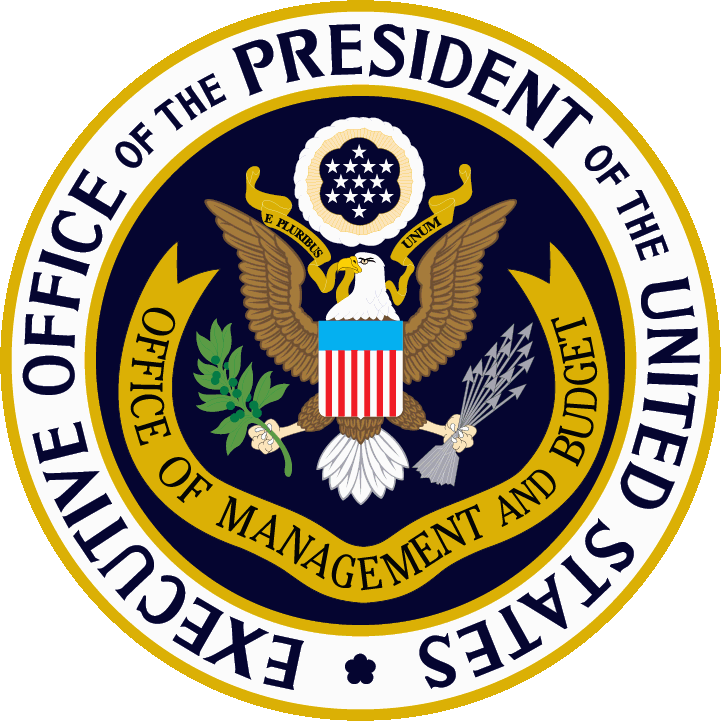
TRUMP'S
US GOVERNMENT REFORMS 21 JUNE 2018
These changes appear in a 132-page document unveiled
by the White House on 21-06-18. These proposals have not been embraced by Congress and
many observers doubt Trump will fare much better in realizing his proposed changes than his predecessors.
The plan, labeled “Delivering Government Solutions in the 21st Century,” would affect federal research agencies in ways great and small. Here are highlights from that document, along with some background and preliminary reactions from the communities most affected.
Move the Department of Commerce’s National Marine Fisheries Service (NMFS) to the Department of the Interior (DOI), and merge it with DOI’s Fish and Wildlife Service (FWS). This idea, which has been proposed in various forms over the past few decades, is aimed at streamlining the administration of two major environmental
laws - the Endangered Species Act and the Marine Mammal Protection Act. The White House notes that the “jurisdictions under these two laws is generally split based on habitat type, with FWS covering species that spend time on land or in inland fisheries, while NMFS covers mostly marine species. This split jurisdiction … creates a confusing permitting landscape for project proponents.” Dam operators, for example, often have to seek permits from both agencies to operate their facilities.
In 2012 President Barack Obama proposed a more sweeping version of this merger, which would have involved moving NMFS as well as its entire parent agency, the
National Oceanic and Atmospheric
Administration, from the Commerce Department to DOI. But the effort never gained headway.
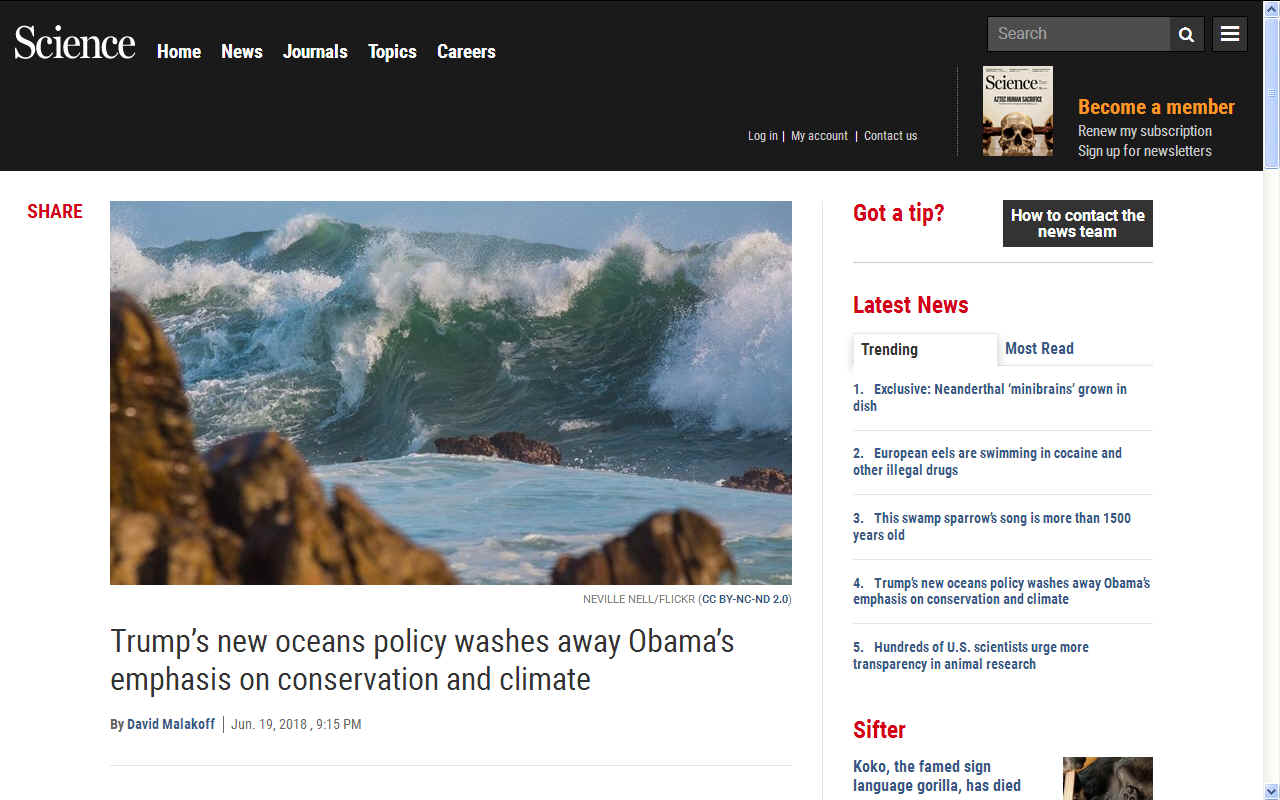
DIRTY
BIRDS - US RIVERS AS AN INDICATOR OF COUNTRY AS POLLUTER
|
Rank
|
River/Harbour
|
States,
toxic discharges = water pollution
|
Lbs
toxic discharges
|
|
-
|
-
|
-
|
-
|
|
1
|
Mississippi
River
|
TN,
AR, LA, MO, IL, MN, WI, IA, KY, MS
|
702,496,748
|
|
2
|
Pacific
Ocean
|
OR,
HI, CA
|
35,195,908
|
|
3
|
Ohio
River
|
IL,
IN, OH, KY, WV, PA
|
22,072,491
|
|
4
|
Tennessee
River
|
KY,
TN, AL
|
22,031,743
|
|
5
|
Houston
Ship Channel
|
TX
|
18,235,338
|
|
6
|
Ward
Cove
|
AK
|
14,261,169
|
|
7
|
Savannah
River
|
GA,
SC
|
13,968,965
|
|
8
|
Delaware
River
|
DE,
PA, NJ
|
13,329,248
|
|
9
|
Thames
River
|
CT
|
13,312,639
|
|
10
|
Grays
Harbor
|
WA
|
10,840,795
|
|
11
|
Rock
River
|
IL,
WI
|
8,165,469
|
|
12
|
Straits
Of Juan De Fuca
|
WA
|
7,899,229
|
|
13
|
Amelia
River
|
FL
|
7,461,070
|
|
14
|
Gravelly
Run
|
VA
|
6,330,209
|
|
15
|
Calcasieu
River
|
LA
|
5,427,508
|
|
16
|
Ouachita
River
|
AR,
LA
|
4,925,933
|
|
17
|
Mobile
River
|
AL
|
4,572,055
|
|
18
|
Columbia
River
|
WA,
OR
|
4,368,387
|
|
19
|
Holston
River
|
TN
|
4,098,240
|
|
20
|
Genesee
River
|
NY
|
3,672,733
|
|
21
|
Kansas
River
|
KS
|
3,420,965
|
|
22
|
Martins
Creek
|
MS
|
3,339,065
|
|
23
|
Indiana
Harbor Ship Canal
|
IN
|
2,578,038
|
|
24
|
Brazos
River
|
TX
|
2,442,430
|
|
25
|
Cuyahoga
River
|
OH
|
2,427,663
|
|
26
|
Patapsco
River
|
MD
|
2,329,123
|
|
27
|
Kanawha
River
|
WV
|
2,320,910
|
|
28
|
Susquehanna
River
|
PA,
NY
|
2,144,339
|
|
29
|
Quinnipiac
River
|
CT
|
2,105,384
|
|
30
|
Fenholloway
River
|
FL
|
1,896,369
|
|
31
|
Cedar
River
|
IA
|
1,881,803
|
|
32
|
Everett
Harbor
|
WA
|
1,749,650
|
|
33
|
Hudson
River
|
NJ,
NY
|
1,729,084
|
|
34
|
Missouri
River
|
NE,
KS, MO, ND, IA
|
1,727,759
|
|
35
|
Neches
River
|
TX
|
1,645,307
|
|
36
|
Alabama
River
|
AL
|
1,613,809
|
|
37
|
Escambia
Bay
|
FL
|
1,568,522
|
|
38
|
Wisconsin
River
|
WI
|
1,553,152
|
|
39
|
Wabash
River
|
IL,
IN, OH
|
1,532,308
|
|
40
|
Blackwater
River
|
VA
|
1,488,346
|
|
41
|
Detroit
River
|
MI
|
1,449,750
|
|
42
|
Little
Attapulgus Creek
|
GA
|
1,431,183
|
|
43
|
Androscoggin
River
|
ME,
NH
|
1,388,133
|
|
44
|
Escatawpa
River
|
MS
|
1,358,148
|
|
45
|
Pigeon
River
|
NC
|
1,325,423
|
|
46
|
Cook
Inlet
|
AK
|
1,322,140
|
|
47
|
Cape
Fear River
|
NC
|
1,319,953
|
|
48
|
Des
Moines River
|
IA
|
1,270,304
|
|
49
|
Tombigbee
River
|
MS,
AL
|
1,210,471
|
|
50
|
Willamette
River
|
OR
|
1,202,737
|
|
-
|
-
|
-
|
-
|
|
Source:
Environmental Working Group. from U.S. Environmental
Protection Agency, Toxics Release Inventory 1990-1994
|
DIRTY
DOZEN - WORLD OCEAN DISCHARGE FORTY OF THE MOST POLLUTED
ONE
PLANET, ONE OCEAN
We
share one ocean and one planet. We may care to think otherwise, but in
the greatest technical challenge we have yet faced as brothers and
sisters of planet
earth there are no borders.
What neighbor countries trash today is your pollution problem tomorrow, and what
we fail to
clean up today as responsible parents is our children's legacy for generations to come.
With
plastic being a toxin carrier and bioamplifier in the food chain, we can
expect that people ingesting fish exposed to marine plastic will be that
much more likely to suffer cancer
related problems in life, with follow on costs to the health services of
contributor nations.
The
unique quality of humans
is our ability to reason and be reasonable. Provided
that the main industrial players in the world accept that plastic
production and usage is linked to Gross Domestic Product in proportion
to wealth creation, it is
reasonable to expect that those with most to gain from ocean
research and regeneration might want to contribute what they can afford
to removing what is possible to remove to compensate for their part in
creating the problem, unwittingly though that may have been in the past.
What
we are suggesting is an alliance between the top performing nations
dedicated to cleaning the seas up. We invite those nations (and any
others that want to fight) to join in the Big Clean by contributing to
the cause.
We
know that world leaders will consider it unfair if they are asked to
contribute more than other nations, but would also expect that each
nations should match fund any coordinated efforts of this nature.
Funding need only continue until SeaVax reaches break even point, at
which stage members might expect to benefit from ongoing operations
without any cost of membership attaching.
World
Oceans Anti-Plastic Alliance (WOAA)
Cleaner
Ocean Foundation Ltd
Solar
Studios (Solar House)
BN271RF
United
Kingdom.
Tel/Fax:
0044 1323 831727
Email:
growth @ blue-growth . org
|
Rank
|
Country
|
GDP
(billions of US$)
|
%
of World GDP
|
$M
contribution
|
|
.
|
.
|
.
|
.
|
.
|
|
1
|
 European
Union European
Union
|
$18,399
|
23.7%
|
1.840
|
|
2
|
 United
States
United
States
|
$17,416
|
22.4%
|
1.742
|
|
3
|
 China
China
|
$10,355
|
13.3%
|
1.036
|
|
4
|
 Japan Japan
|
$4,770
|
6.1%
|
0.477
|
|
5
|
 Germany Germany
|
$3,820
|
4.9%
|
-
|
|
6
|
 France France
|
$2,902
|
3.7%
|
-
|
|
7
|
 United
Kingdom
United
Kingdom
|
$2,848
|
3.7%
|
0.285
|
|
8
|
 Brazil Brazil
|
$2,244
|
2.9%
|
0.224
|
|
9
|
 Italy Italy
|
$2,129
|
2.7%
|
0.212
|
|
10
|
 Russia Russia
|
$2,057
|
2.7%
|
0.206
|
|
11
|
 India India
|
$2,048
|
2.6%
|
0.205
|
|
12
|
 Canada Canada
|
$1,839
|
2.33%
|
0.184
|
|
13
|
 Australia Australia
|
$1,531
|
1.94%
|
0.153
|
|
14
|
 Saudi
Arabia
Saudi
Arabia
|
$1,358
|
1.72%
|
0.136
|
|
15
|
 South
Korea South
Korea
|
$1,305
|
1.66%
|
0.130
|
|
16
|
 Mexico Mexico
|
$1,259
|
1.60%
|
0.126
|
|
17
|
 Indonesia Indonesia
|
$868
|
1.10%
|
0.087
|
|
18
|
 Netherlands Netherlands
|
$853
|
1.08%
|
-
|
|
19
|
 Argentina Argentina
|
$637
|
0.80%
|
0.063
|
|
20
|
 South
Africa South
Africa
|
$349
|
0.40%
|
0.035
|
|
.
|
.
|
.
|
.
|
.
|
|
|
|
|
76.59%
|
$7,181,000
|
|
The
World needs an Ocean Action Plan to coordinate the efforts of member
nations that in turn will benefit each other as the oceans move from one
shoreline to the shores of a neighbor country. To help us develop an
international strategy we need to generate sufficient funds effectively
make headway, estimated to be in the region of $10 million dollars to
develop a SeaVax prototype. Follow on expenses, or pledges of ongoing
support should be included to cover the cost of helping contributing
nations to set up fleets of ocean cleaning boats - and running them in a
network or pattern that stands the best chance of regenerating our
oceans.
THE
ACTION PLAN IN BRIEF
An
Action Plan will involve coordinated research, communications and
operations designed to tackle marine
plastic, working with other organizations and academics to make people aware of
the dangers of plastic pollution and the need to review
packaging
policies.
An
Action Plan will involve developing ocean cleaning vessels and a central
hub to coordinate plastic recovery missions and recycling.
Collecting
grants, accounting for and end of year reporting on progress to Ocean
Alliance members.
THE
G20 HEADS OF STATE A - Z
|
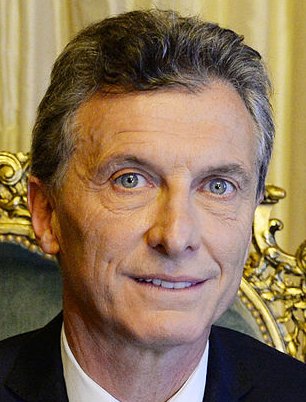
ARGENTINA
|
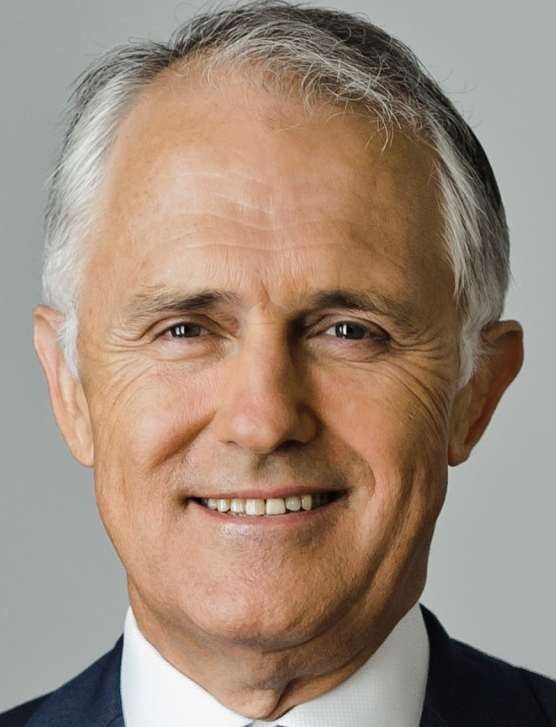
AUSTRALIA
|
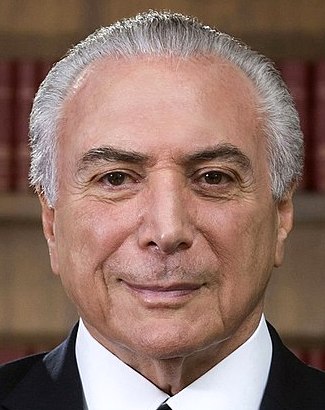
BRAZIL
|
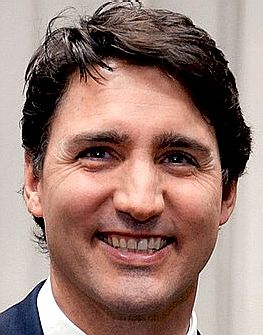
CANADA
|
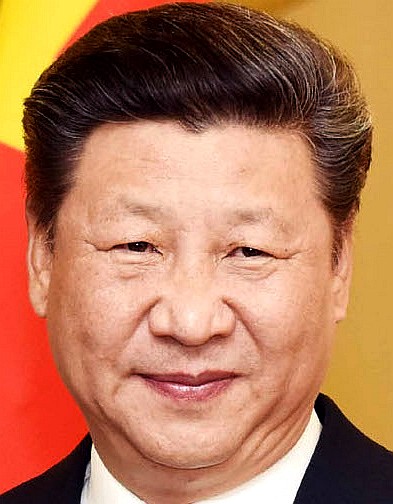
CHINA
|
|
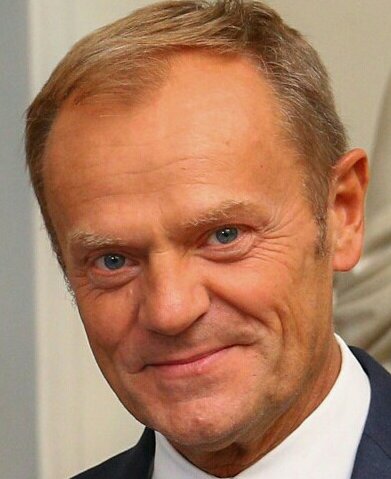
EUROPEAN
UNION
|
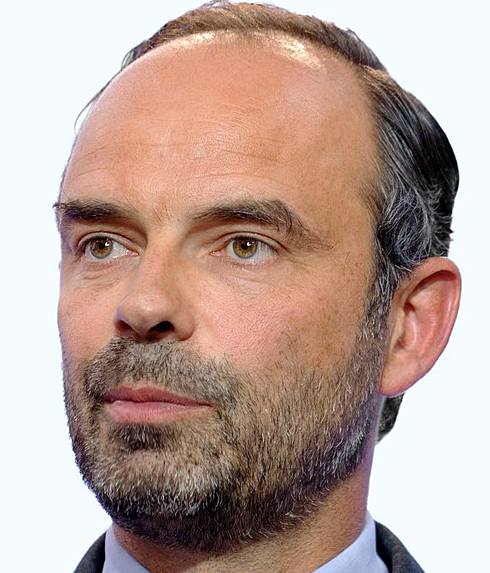
FRANCE
|
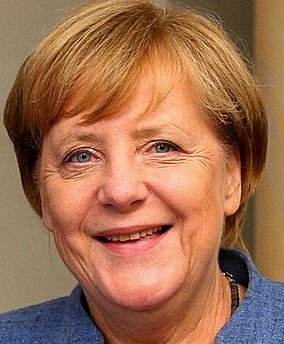
GERMANY
|
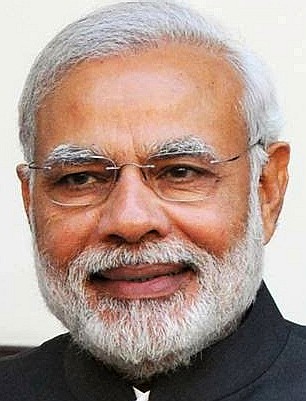
INDIA
|
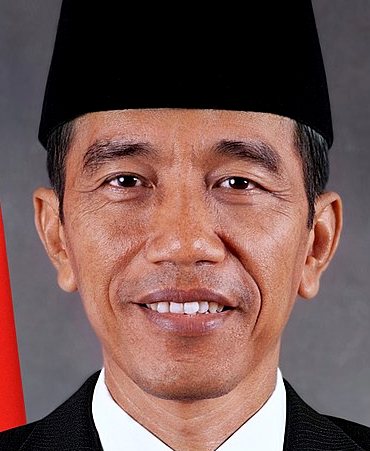
INDONESIA
|
|
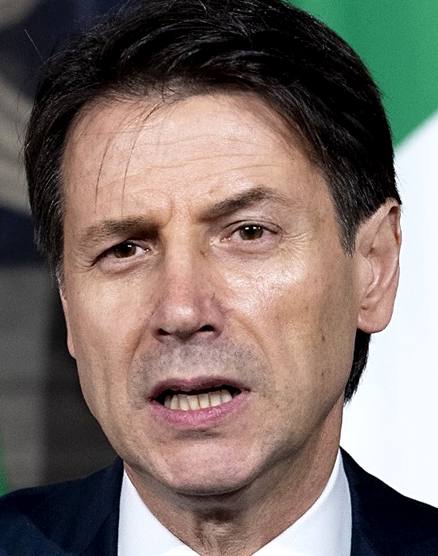
ITALY
|
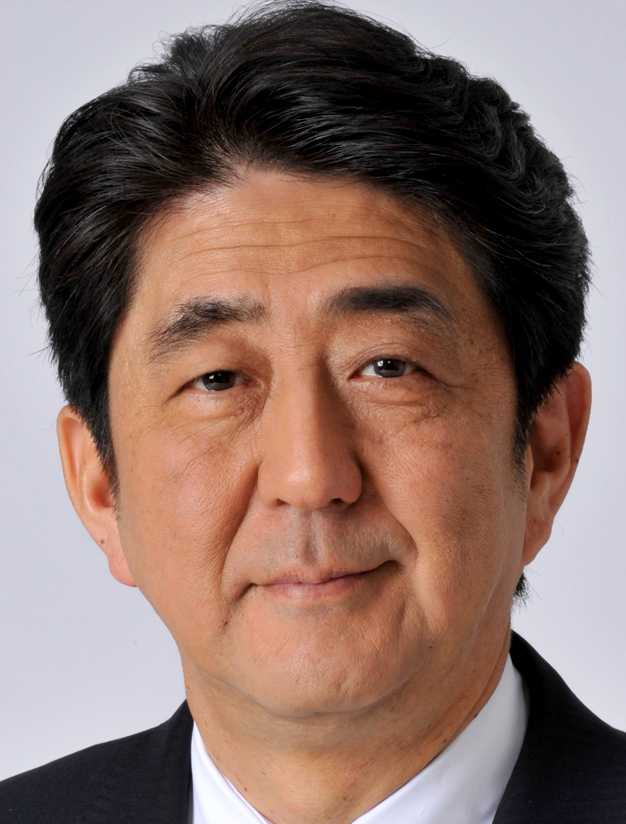
JAPAN
|
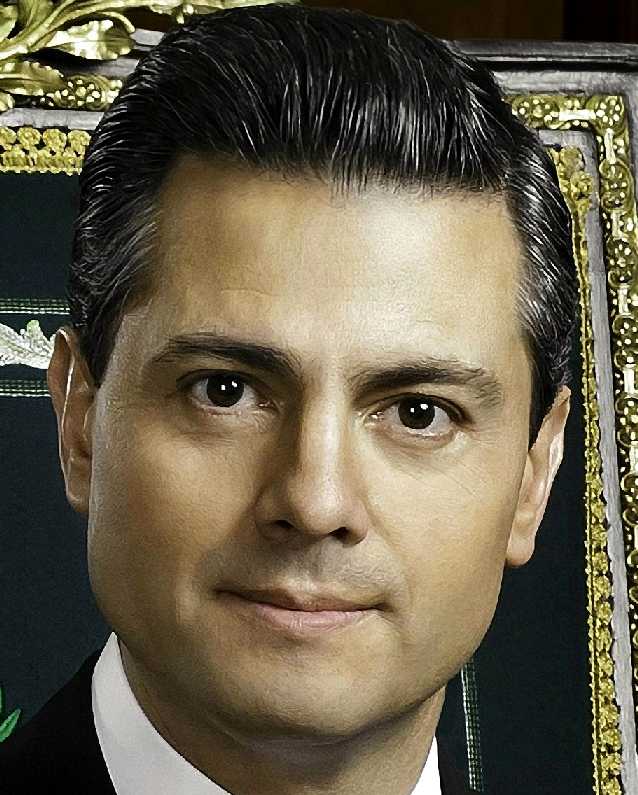
MEXICO
|

RUSSIA
|

SAUDI
ARABIA
|
|
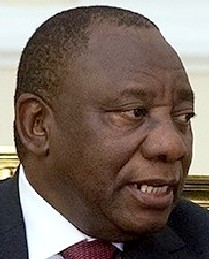
SOUTH
AFRICA
|

SOUTH
KOREA
|

TURKEY
|
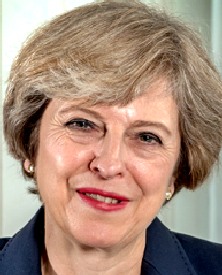
UNITED
KINGDOM
|
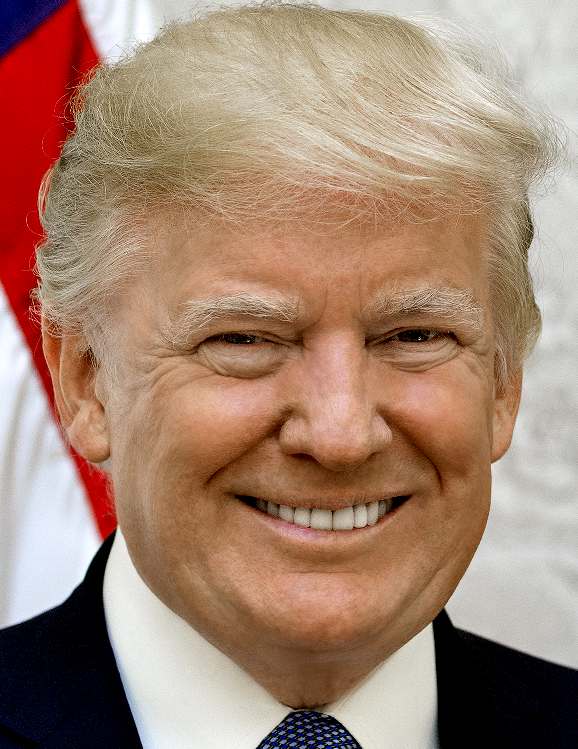
UNITED
STATES
|
The
G20 (or G-20 or Group of Twenty) is an international forum for
governments and central bank governors from:
Argentina
Australia
Brazil
Canada
China
European
Union
France
Germany
India
Indonesia
Italy
Japan
Mexico
Russia
Saudi
Arabia
South
Africa
South
Korea
Turkey
United
Kingdom
United
States
Founded in 1999, the
G20 aims to discuss policy pertaining to the promotion of international financial stability. It seeks to address issues that go beyond the responsibilities of any one organization.
The G20's membership does not reflect exactly the 19 largest national economies of the world in any given year. The organization
states:
"In a forum such as the G20, it is particularly important for the number of countries involved to be restricted and fixed to ensure the effectiveness and continuity of its activity. There are no formal criteria for G20 membership and the composition of the group has remained unchanged since it was established. In view of the objectives of the G20, it was considered important that countries and regions of systemic significance for the international financial system be included. Aspects such as geographical balance and population representation also played a major part."
ABOUT
GROSS DOMESTIC PRODUCT
Gross domestic product (GDP) is the market value of all final goods and services from a nation in a given year. Countries are sorted by nominal GDP estimates from financial and statistical institutions, which are calculated at market or government official exchange rates. Nominal GDP does not take into account differences in the cost of living in different countries, and the results can vary greatly from one year to another based on fluctuations in the exchange rates of the country's currency. Such fluctuations may change a country's ranking from one year to the next, even though they often make little or no difference in the standard of living of its population.
The figures quoted here are only a guide.
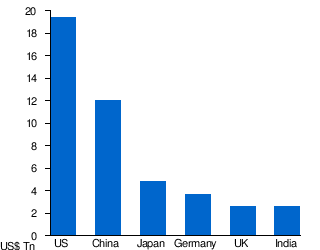
STATE
LEADERS
Mauricio Macri
Malcolm Turnbull
Michel Temer
Justin Trudeau
Xi Jinping
Emmanuel Macron
Angela Merkel
Narendra Modi
Joko Widodo
Giuseppe Conte
Shinzō Abe
Enrique Peńa
Nieto
Vladimir Putin
Salman, King
Cyril Ramaphosa
Moon Jae-in
Recep Tayyip Erdoğan
Theresa May
Donald Trump
Donald Tusk
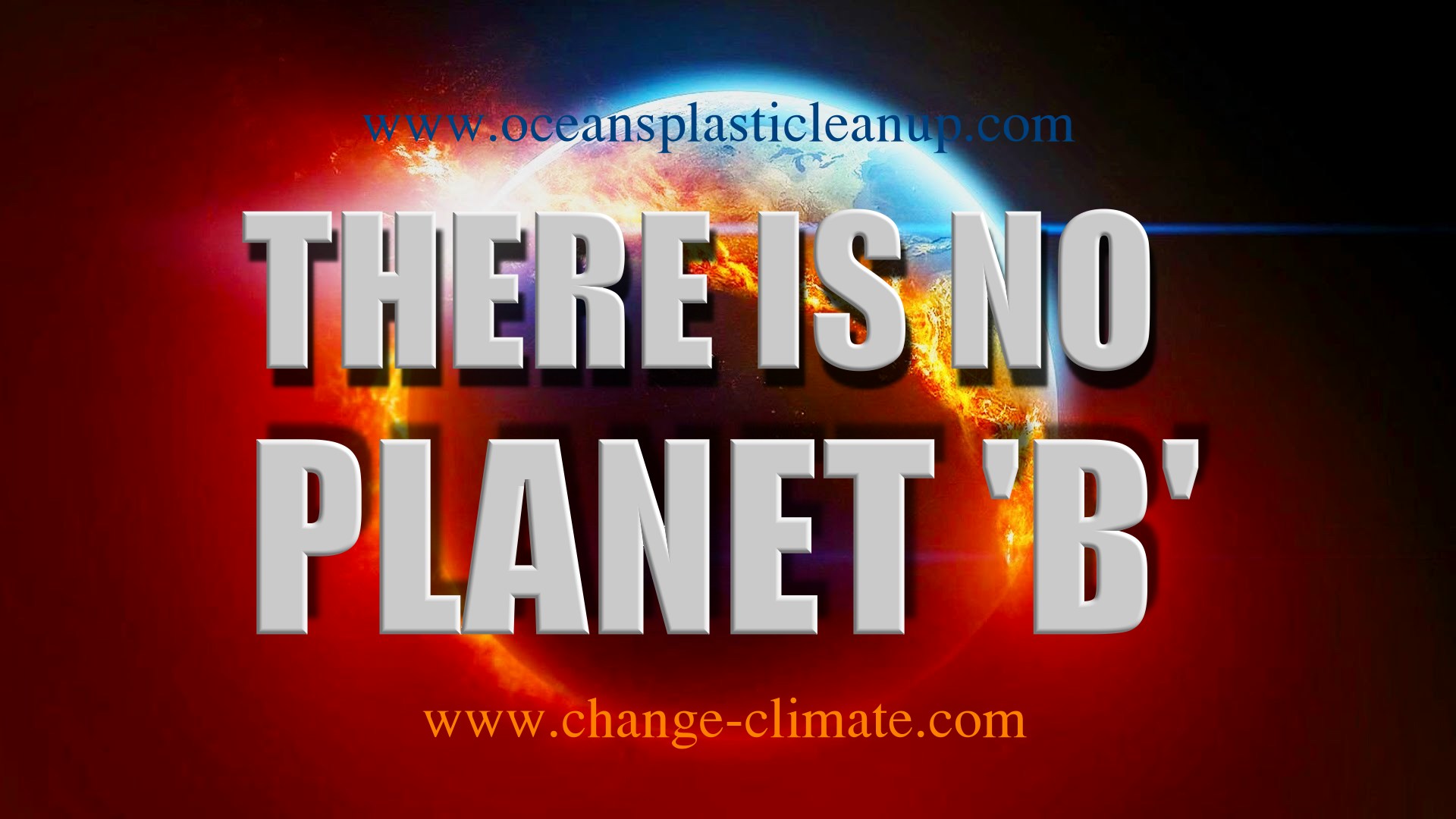
NEW
SPACE RACE - Any business can fail given the wrong management team.
Failed enterprises can often see a new lease of life with new directors and
a fresh look at what the previous team did wrong. In the event that we
cannot troubleshoot Earth's politics, we might start looking seriously to
the stars. No wonder Virgin are branching out to space travel. This could be
NASA's next mission: find us another planet to call home.
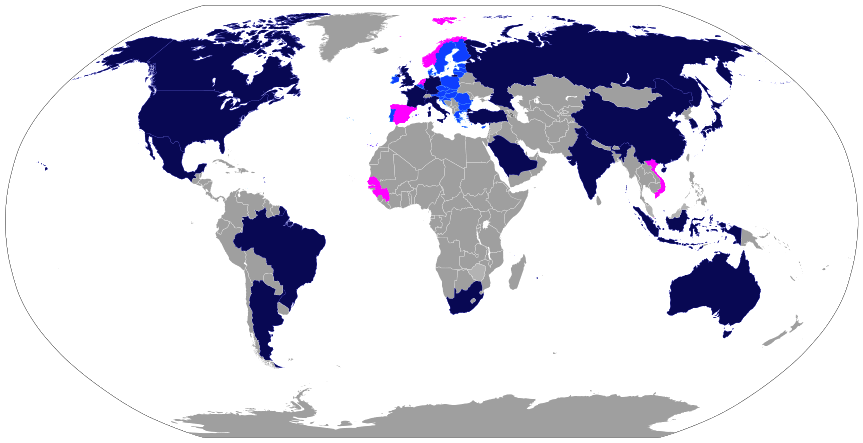
LINKS
& REFERENCE
https://www.whitehouse.gov/omb/management/government-reform/
http://www.sciencemag.org/news/2018/06/trump-s-plan-reshuffle-government-strikes-familiar-notes
https://en.wikipedia.org/wiki/List_of_countries_by_GDP_(nominal)
https://en.wikipedia.org/wiki/G20
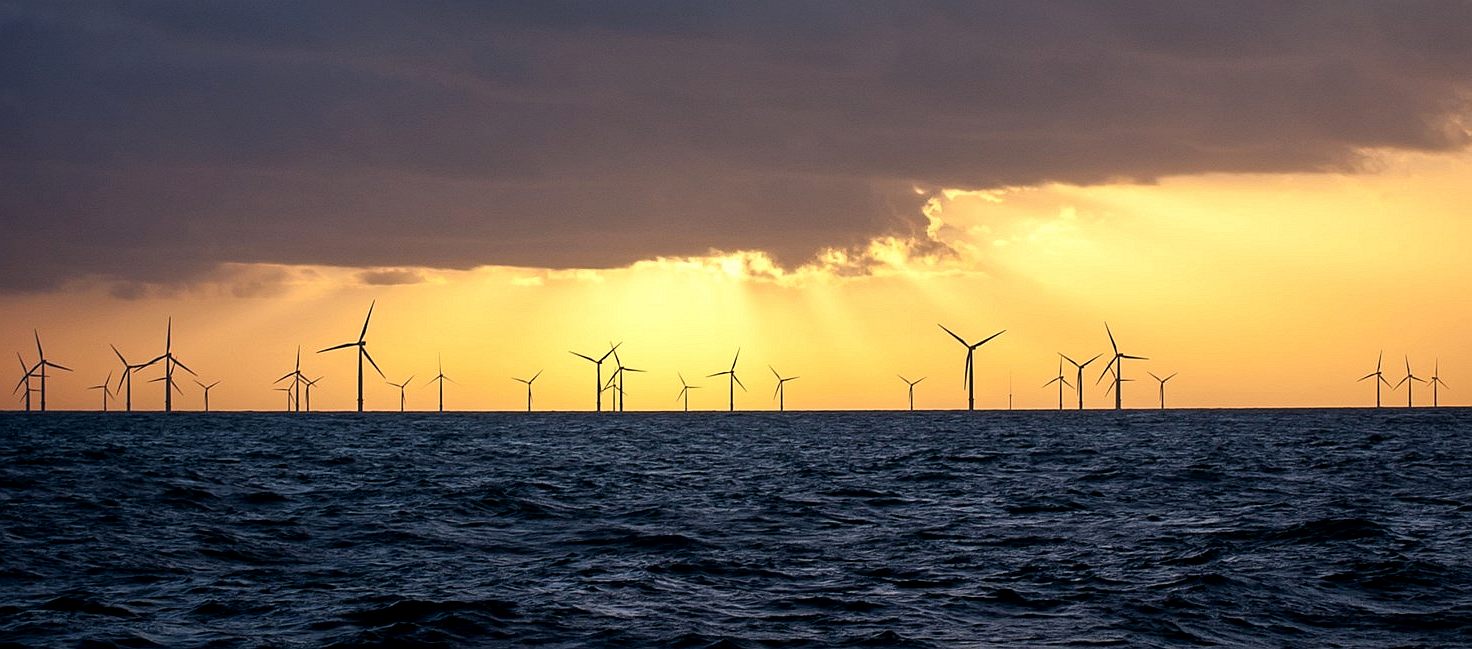
|

























